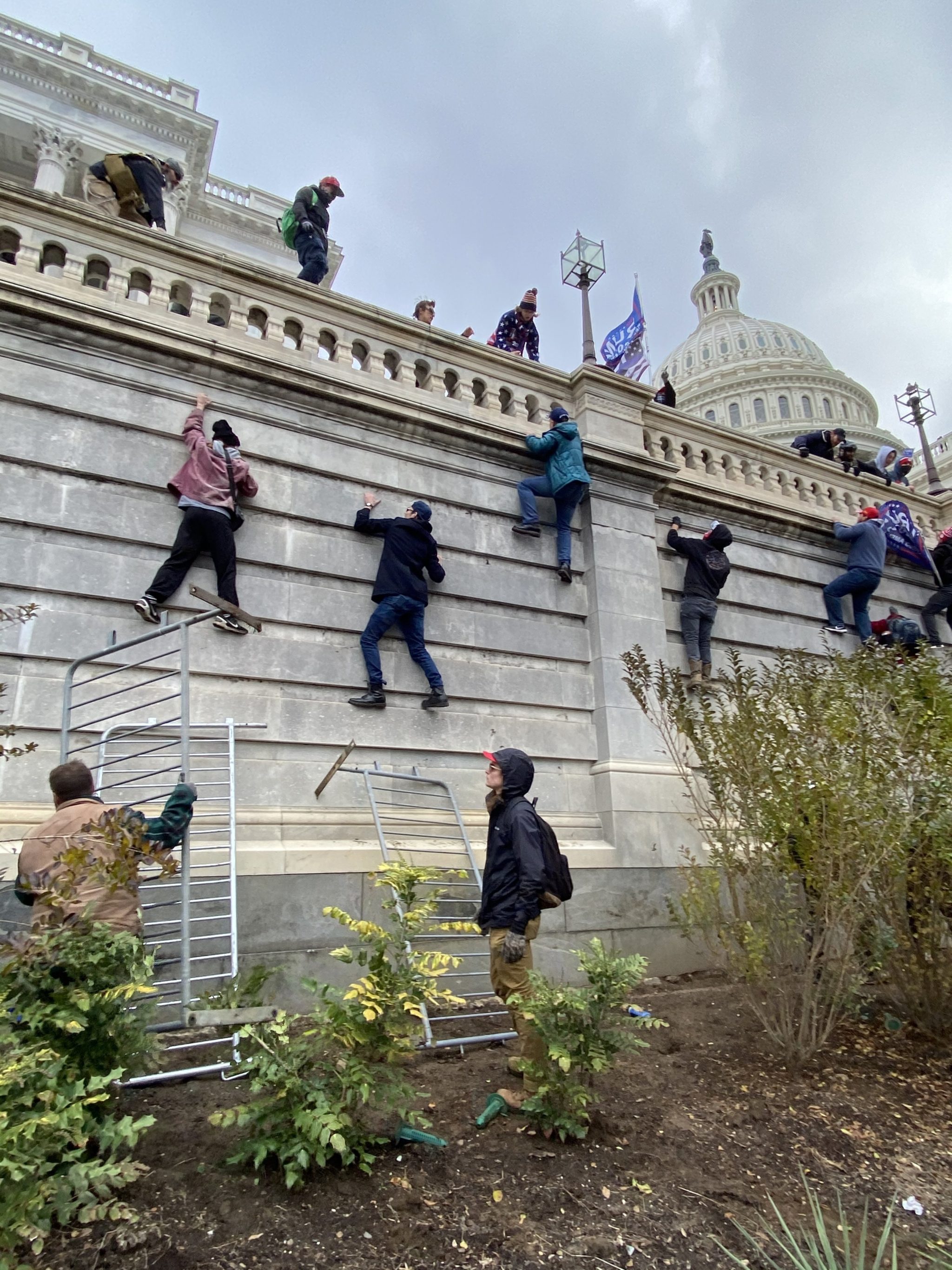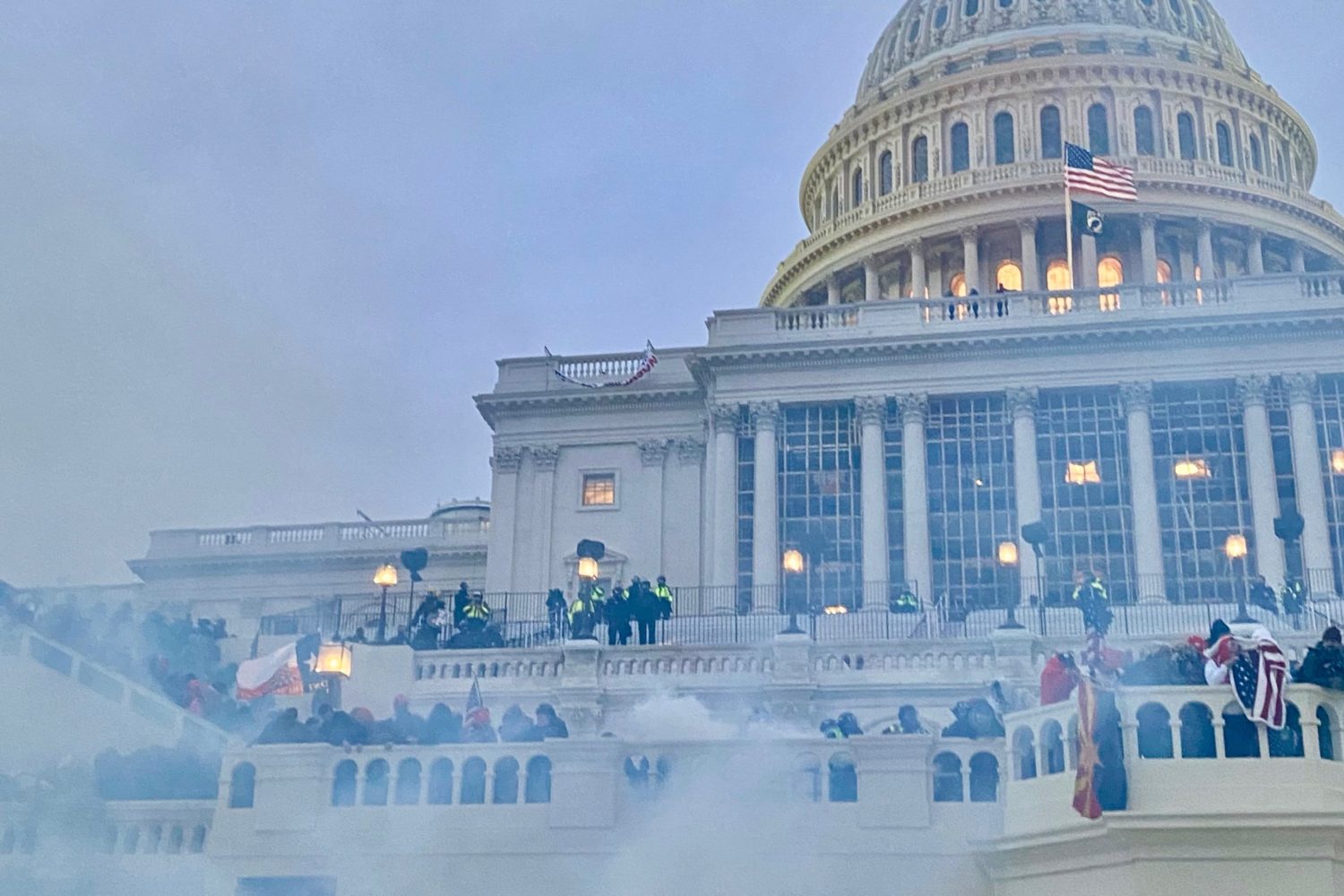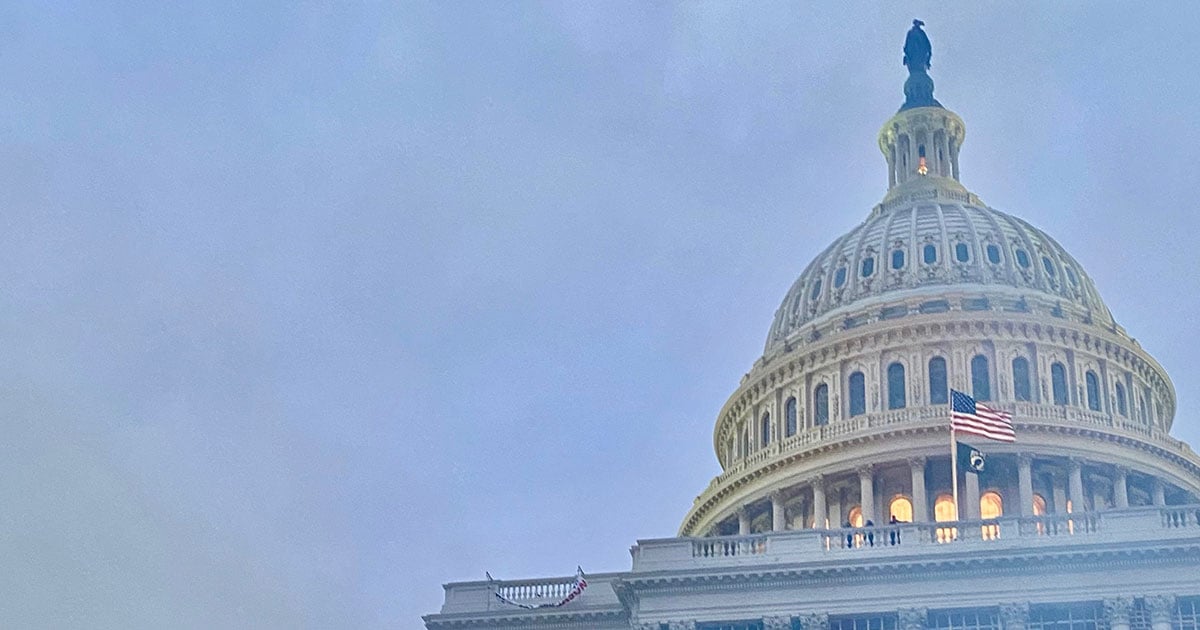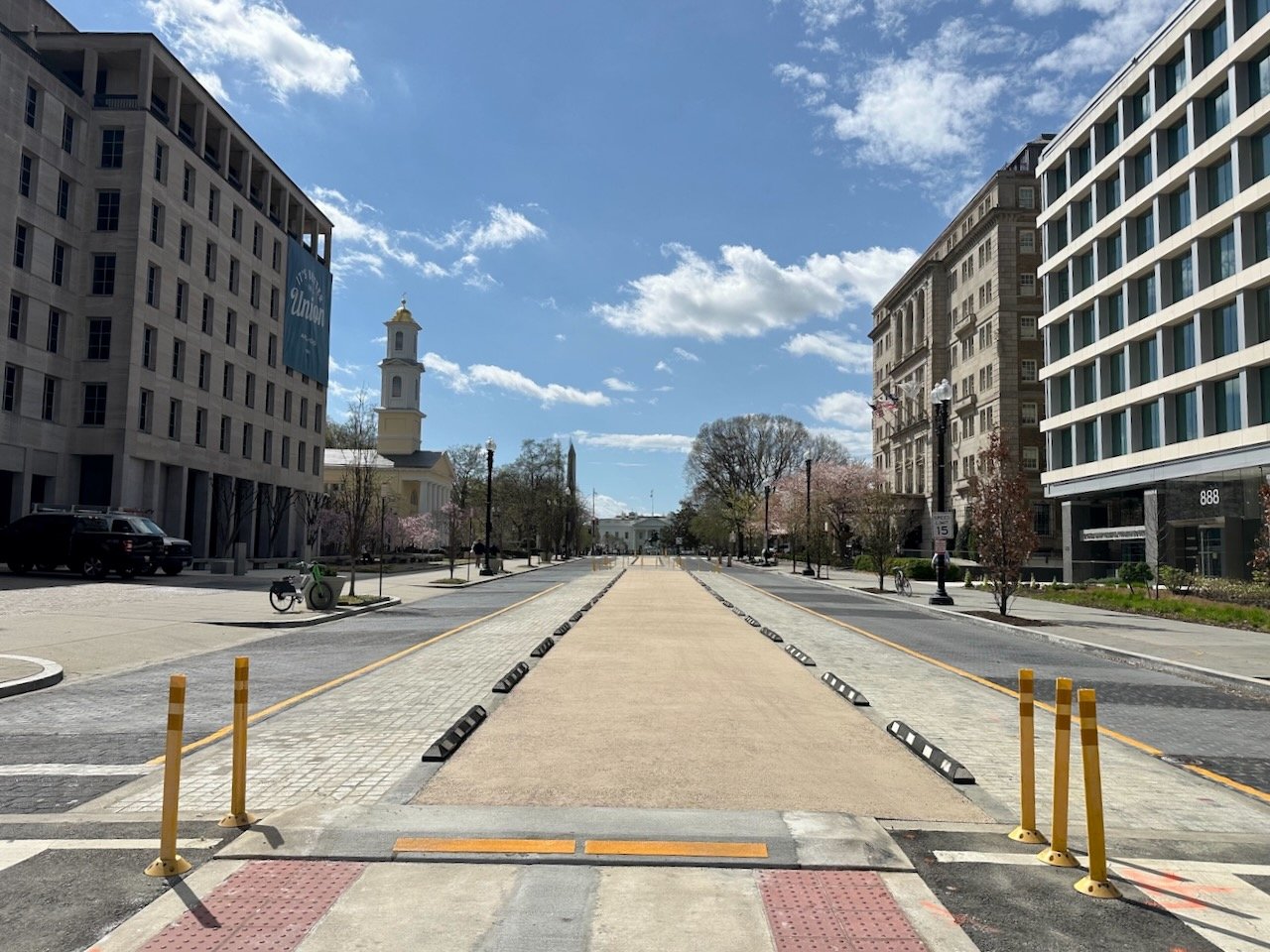Donald Trump’s legal problems are about to get even bigger, thanks to a ruling by a federal appeals court Friday.
The three-judge panel found that, based on the evidence they have seen so far, Trump was not acting in his presidential capacity when he launched his campaign to overturn the results of the 2020 election, so his actions leading up to the January 6th attack are not immune from civil liability. The decision means the Democratic members of Congress and Capitol Police officers who sued Trump in 2021 can proceed with their effort to hold Trump civilly liable for the harm they say they suffered on January 6.
Even worse for the former President, though, are the broader implications of the decision. According to the Washington Post, the court’s actions could leave Trump exposed to future civil lawsuits from others who say they suffered harm during the attack on the Capitol.
At the core of the court’s decision was a central question: Was Trump acting in his official capacity as President when he tried to overturn the results of the 2020 election during the run-up to the January 6 attack? If so, he would be entitled to broad immunity from civil lawsuits. If, on the other hand, he was acting outside of this official capacity, such protections would not apply and his actions could be subject to civil damages.
In his opinion, Chief Judge Sri Srinivasan explained this distinction:
“The President, though, does not spend every minute of every day exercising official responsibilities. And when he acts outside the functions of his office, he does not continue to enjoy immunity from damages liability just because he happens to be the President. Rather, as the Supreme Court made clear in Clinton v. Jones, 520 U.S. 681 (1997), a President’s official act immunity by nature does not extend to his unofficial actions. When he acts in an unofficial, private capacity, he is subject to civil suits like any private citizen.”
After a lower court essentially rejected Trump’s argument that he was entitled to official-act immunity in this case, he appealed the decision to Judge Srinivasan and two of his colleagues. In their decision on Friday, however, the judges unanimously ruled that, based on the evidence thus far presented, Trump was not entitled to the legal protections.
As Chief Judge Srinivasan put it:
“When a first-term President opts to seek a second term, his campaign to win re-election is not an official presidential act. The Office of the Presidency as an institution is agnostic about who will occupy it next. And campaigning to gain that office is not an official act of the office. So, when a sitting President running for a second term attends a private fundraiser for his re-election effort, hires (or fires) his campaign staff, cuts a political ad supporting his candidacy, or speaks at a campaign rally funded and organized by his re-election campaign committee, he is not carrying out the official duties of the presidency. He is acting as office-seeker, not office-holder—no less than are the persons running against him when they take precisely the same actions in their competing campaigns to attain precisely the same office.
President Trump himself recognized that he engaged in his campaign to win re-election—including his post-election efforts to alter the declared results in his favor—in his personal capacity as presidential candidate, not in his official capacity as sitting President. That is evident in his effort to intervene in the Supreme Court’s consideration of a post-election lawsuit challenging the administration of the election in various battleground states. He expressly filed his motion in the Supreme Court ‘in his personal capacity as candidate for reelection to the office of President’ rather than in his official capacity as sitting President.”


![Luke 008[2]-1 - Washingtonian](https://www.washingtonian.com/wp-content/uploads/2017/10/Luke-0082-1-e1509126354184.jpg)
















